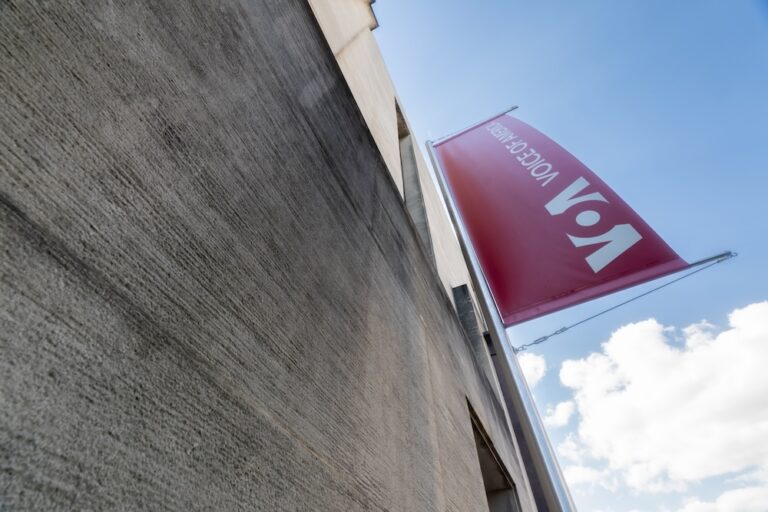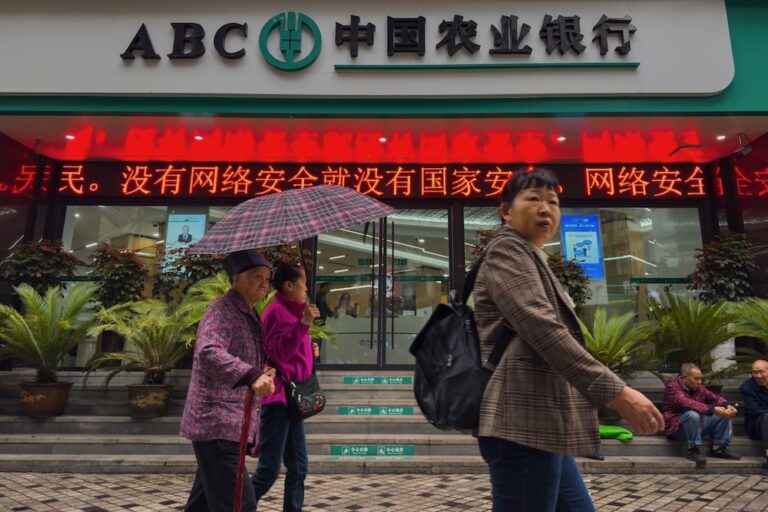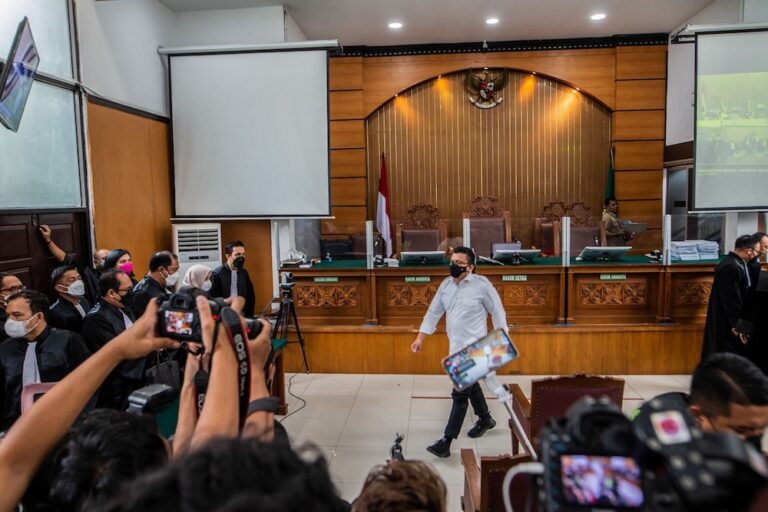(MEAA/IFEX) – The following is a 10 May 2007 MEAA media release: Alliance Calls For Safety Training Standard The Media Alliance has given evidence calling for greater uniform safety training for journalists at the NSW Coroner’s inquest into the deaths of five Australian-based newsmen at Balibo, East Timor, in 1975. Deputy state coroner Dorelle Pinch […]
(MEAA/IFEX) – The following is a 10 May 2007 MEAA media release:
Alliance Calls For Safety Training Standard
The Media Alliance has given evidence calling for greater uniform safety training for journalists at the NSW Coroner’s inquest into the deaths of five Australian-based newsmen at Balibo, East Timor, in 1975.
Deputy state coroner Dorelle Pinch is examining the murder of Brian Peters and four of his colleagues during the Indonesian invasion of Balibo. The official line has always been that the five were caught in crossfire, but the inquest has heard evidence the men were deliberately targeted because they were journalists and gunned down as they tried to surrender.
Indonesia’s invasion of East Timor was a politically sensitive issue at the time.
Appearing in support of the Alliance’s submission to the inquest regarding journalists’ safety, Alliance Federal Secretary Christopher Warren said making safety training an industry standard was the most important thing that could be done to reduce the risk to journalists in hostile zones.
“I certainly think there should be some industry understanding that would mean that it would be practice that people would be put into conflict zones . . . would have this training,” Warren told the inquest.
“Training is a very important part of it. Often no matter how well trained or how well prepared people are the wrong judgment can be made.
“But I think training makes an enormous difference.”
Counsel assisting the inquest, Mark Tedeschi QC said evidence had been given that Greg Shackleton, one of the newsmen, relayed a radio message between FRETILIN command, and asked Warren whether he considered this “unwise”.
“It’s impossible to know the facts of why that was done so I’m hesitant to make a definitive statement,” he replied.
“Assuming it was not done under force . . . as a general principle a journalist should not provide material assistance to one of the parties of a conflict.”
Such assistance may jeopardise the neutrality of a journalist and their protection under the Geneva Conventions, Warren said.
Warren warned against an international press emblem, saying it could have the effect of singling out media workers as potential targets and make their work “more dangerous rather than less”.
The Alliance made a number of recommendations to the inquest in its submission, which can be found at http://www.alliance.org.au
The Media Alliance represents more than 10,000 journalists across Australia.


